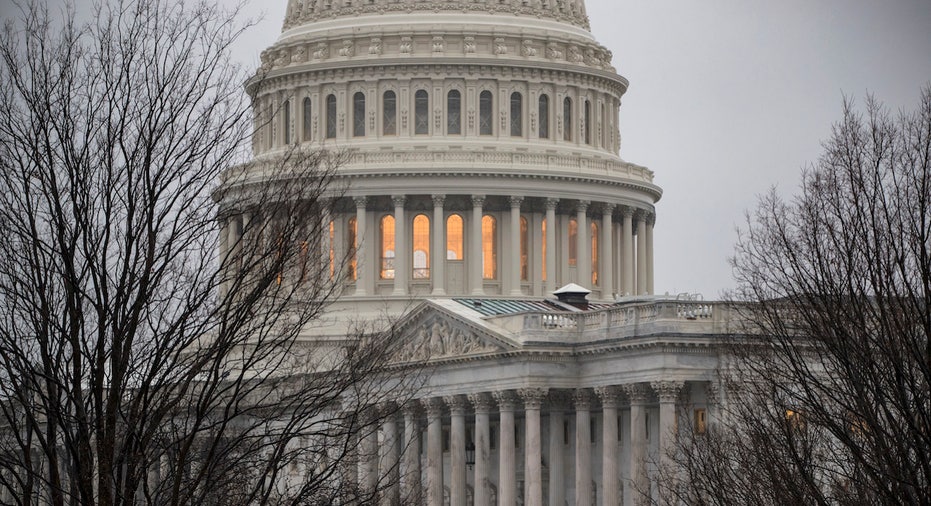Economic Growth Depends on Common Sense Reg. Reform: America's Bankers

Last week, nearly 1,500 bankers came to our nation’s capital for the American Bankers Association’s annual Government Relations Summit—the largest attendance in the event’s history. These advocates took a unified message to Capitol Hill: America’s banks want to help Congress achieve our shared goals for a vibrant and growing economy.
It’s not surprising that this year’s Summit attracted a historic turnout. As we’ve seen in the months since the election, this is a time of great political change and unprecedented political engagement. Citizens everywhere are understanding the criticality of standing up and speaking up on behalf of what is important to them.
As bankers, the most important thing to us has always been our ability to provide our customers with the tools they need to achieve their financial goals, whether that be to start a business, buy a home, or save for retirement. And the biggest obstacle standing in our way is the framework of overly prescriptive rules and “one-size-fits-all†regulations.
A few weeks ago, I was part of a delegation of nine community bank CEOs who met face-to-face with President Trump and his top economic team at the White House, including Treasury Secretary Steven Mnuchin and National Economic Council Director Gary Cohn. We had a productive dialogue about the need for reasonable regulatory reform, sharing examples of regulations that, while well meaning, had become counterproductive -- like the slew of complex mortgage rules that have forced many banks to turn down creditworthy customers because they didn’t meet the government’s narrow definition of a qualified borrower. These rules have even forced some community banks to stop offering mortgage products all together.
One of my colleagues also relayed the story of how, in the pre-Dodd-Frank world, a customer of hers that needed a new backhoe for his contracting business could call her up on a Friday night and get a verbal “okay†from the bank to make the purchase at a Saturday morning auction, knowing that he could come in first thing on Monday, fill out the paperwork, and be approved for the loan. She explained how, due to the inflexibility of regulations today, this kind of true relationship-based lending is no longer possible.
President Trump showed a genuine willingness to listen and learn about the issues facing community banks. He engaged us with many thoughtful questions, demonstrating an understanding of how community banks operate, a deep interest in the regulatory roadblocks standing in our way and a desire to address those challenges as quickly as possible.
It’s encouraging to know of the president’s commitment with his economic team to conduct a careful, comprehensive review of all regulations that hinder banks’ ability to make loans and meet customer needs and to explore approaches to tailored regulation.
It’s also encouraging to hear lawmakers of both parties acknowledge the need for common-sense changes—regulatory calibrations that can kick-start our economy while maintaining a financial system that is safe, sound and resilient.
These are changes bankers seek not for our own sake, but for those we serve. Because we know that when the full potential of America’s banks to drive economic growth is realized, our customers, communities and country thrive.
Dorothy Savarese is chairman, president and CEO of Cape Cod Five Cents Savings Bank in Orleans, Mass., and chairman of the American Bankers Association.



















